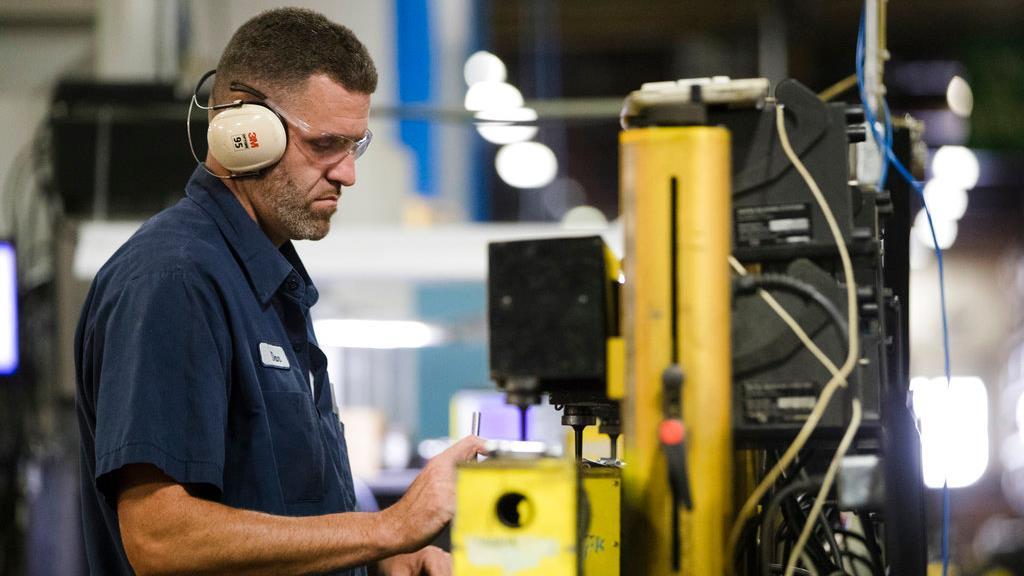These industries are hiking pay to attract workers
Courier giant FedEx said this week it will raise wages for pilots, reflecting a growing trend among companies in industries struggling to combat labor shortages.
FedEx, seeking to prevent retirement-age pilots from leaving as a dearth of qualified replacements persists, is expected to dole out bonuses ranging from $40,000 to $110,000, according to contracts seen by Reuters.
FedEx is far from the only company looking for ways to attract and retain qualified talent – a global challenge that is expected to cost companies an extra $2.5 billion in compensation over the next 12 years as the shortage balloons to more than 85 million employees.
Here is a look at the industries turning to wage increases in order to attract qualified applicants.
Pilots
Aerospace giant Boeing estimated demand for 790,000 pilots over the next 20 years, including a shortage of 635,000 – led by the Asia-Pacific region.
Meanwhile, airlines are attempting to entice more workers with higher compensation.
In August, JetBlue’s first-ever union contract gave pilots a pay raise.
American Airlines raised pilot pay in 2017, while Delta pilots received new contracts stipulating a 30 percent raise by 2019 the year prior.
Airline analyst Mike Boyd told FOX Business in August the pay scale for pilots has to increase significantly in order to attract qualified candidates.
“If we are going to get more pilots, the pay scale has to go up in the early years so we get more people into it,” Boyd said. “You gotta get things to get people out of college and want to fly airplanes.”
Construction workers
The construction industry is potentially facing a 1.5 million worker shortage by the year 2020.
Half of companies reported having a difficult time filling both craft and salaried worker positions, according to the Associated General Contractors of America (AGC). Over the coming year, 53 percent of companies told the AGC that they expect to continue struggling to find qualified applicants.
In response, over the past year, 62 percent of firms raised pay for hourly craft workers, while 56 percent did so for salaried employees. More than one-quarter added incentives or bonuses for hourly employees, while 34 percent did so for full-time employees. Nearly one out of four firms improved benefit contributions or employee benefits for all employees.
Meanwhile, certain open jobs can net prospective applicants salaries in the six figures, as previously reported by FOX Business. Some of those positions include welders, foremen and even some craft professionals, like instrument techs and crane operators.
Truck drivers
In 2016, the trucking industry was short more than 36,000 drivers, according to the American Trucking Associations, which expected that number to surpass 63,000 in 2018. By 2026, it could swell to 174,000.
In order to keep up with demand, the trucking industry would need to hire nearly 900,000 drivers through 2026, or about 90,000 each year, the trade group said.
The Federal Reserve, in its monthly Beige Book released in May, cited the trucking sector as one area where employers have responded to personnel shortages by increasing pay.
While drivers with a certain skill set can easily make over six figures, even drivers with less experience or lesser qualifications can make salaries in the $60,000 to $70,000 range, according to Brian Fielkow, president of multimillion-dollar trucking and logistics company Jetco Delivery.
Fielkow told FOX Business he raised rates for his drivers earlier this year, and was in the process of implementing another round of hikes in June.




















